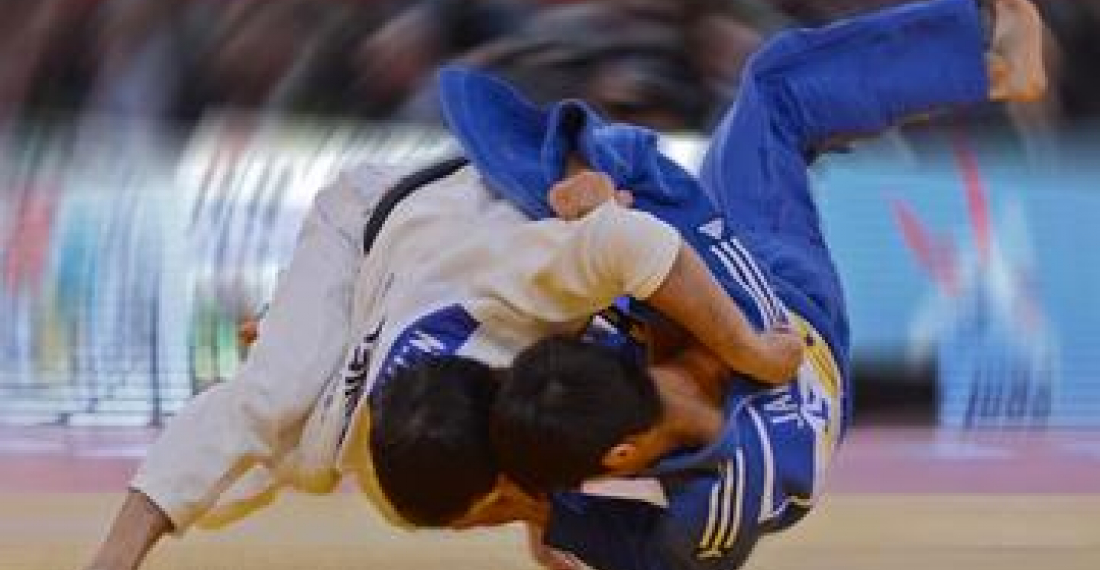Police in the Republic of Dagestan in the Russian North Caucasus are investigating after a mass brawl at the judo championship of the North Caucasus Federal District for athletes under the age of 23 which is being held in the town of Kaspiysk. The Ministry of Sports of Dagestan told TASS news agency that fans of the judo tournament were involved in the incident and an official investigation is underway. The championship is being held on February 27 and 28. A video of a mass brawl with the participation of spectators appeared on social networks on Saturday (27th February).
Information about what happened was confirmed to TASS by the acting Minister of Sports of the region Magomed Magomedov. “Now we are gathering all the parties to the conflict, there is already reconciliation. But nevertheless, this is far from sporting behavior. In addition, we will conduct an internal investigation, [those] who allowed or initiated the conflict will be punished up to disqualification. But, as I know, the fight did not take place between the athletes, but [between] the fans from the stands. According to my information, there have been no arrests by the police, "Magomedov said.
The ministry clarified that the incident took place during the fight for reaching the finals in the weight category up to 73 kg between judokas from Dagestan and North Ossetia. "The fight between the athletes took place in a tense struggle. As a result of a verbal skirmish between representatives of the teams and one of the athletes, the incident escalated into a fight with the crowd on the tatami. The fight that began was quickly suppressed by the security forces of the Ali Aliyev Palace of Sports and Youth, as well as by the Ministry of Internal Affairs There were no casualties as a result of the incident. The instigators of the fight were later taken to the police department for further investigation, "the Dagestan Ministry of Sports said on social networks.
Judo is a very popular sports in the Caucasus region, and draws big crowds.






